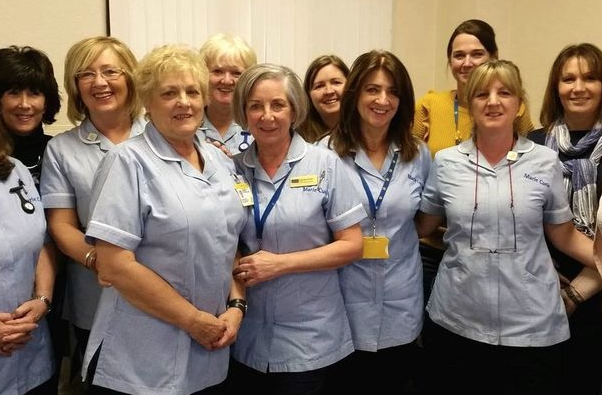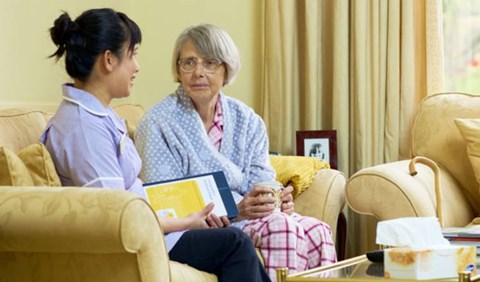WGCman 9 years ago
1 reply
Edited by WGCman 9 years ago
My wife, in her sixties, was very fit and apparently healthy until in
April 2017 a severe pain and fainting made me call an ambulance. The
following day her caecum, appendix, part of her large intestine and
some lymph nodes were removed and we were told that her cancer had
spread to the liver, which, four years ago “would have been
untreatable”. (The word “terminal” was not used, but it was
clear what they thought.) This was a huge shock to both of us; we
immediately cancelled a holiday planned in Greece for May and felt
some relief that the cancer hadn't been discovered there.
We hear of many cases where people given six months to live by cancer doctors survive for many years, and vice versa, so I decided to take Michael Gove's advice only to believe “experts” (in our case, doctors) who tell you what you want to hear. Given my wife's previous good health, the new situation seemed very unreal, and I was usually unable to connect emotionally with the horror, so remained reasonably cheerful, which helped us both as I now became her carer. However, even then, the situation sometimes sunk in and we would share tears together.
By June she had recovered well from the major surgery but the cancer was shown by a further scan to have grown aggressively on the liver and spread also to the lungs. She was told that she would die within six months if she did not accept chemotherapy but might survive one or two years if her body responds to chemotherapy. She was told the cancer was incurable but offered “palliative” care. Fortnightly treatment started five weeks later and towards the end of the fortnightly cycle she was well enough for us to get away to Dorset, Devon and the Cotswolds for short but precious and enjoyable breaks. A scan early in October showed that the tumours had shrunk a little - probably not by enough to change the prognosis, but sufficient for her to take a welcome break from the chemotherapy for eight weeks. The oncologist said there was a chance that she would recover some of her energy and we could consider a holiday somewhere warmer abroad.
A glimmer of hope which did not last long. Unfortunately, half-way into the break, my wife is still very tired, has not regained energy and is beginning to lose her appetite. A week ago she had a severe pain in her hip which spread to her back. Although bowel cancer does not often spread to the bones, the A&E doctor thought this was a possibility. However the GP advised that the radiologist's report on her last scan had noted no sign of cancer in the spine or pelvis, and my wife recalled that a few weeks previously she had once failed to keep hydrated, fainted and fell on her hip. We are awaiting the results of X-rays. Whatever the cause of this latest pain, the first severe pain since April, it is becoming more likely that the experts were indeed right (as is, of course, usually the case). It is no longer easy to be emotionally detached and the real horror of cancer seems just around the corner. My wife sensibly made contact with a Macmillan nurse in June, (I would recommend this to anyone terminally ill) who on Friday prescribed a supply of morphine “just in case”. My wife has already taken the first dose. I am hoping that I manage to maintain my role of carer which will become more difficult, and have just taken up the Macmillan Nurse's offer of counselling.
My wife believes the chemotherapy, in spite of some unpleasant side-effects, was worth it as it extended her quality of life. Her friends have been wonderfully supportive, which has been valuable to her. Many have at times found it difficult to handle emotionally (as I have), or don't know what to say, so say nothing! We don't know if we have now reached the beginning of the final stage, but when we do she wants it to be quick. I just hope I can cope.




